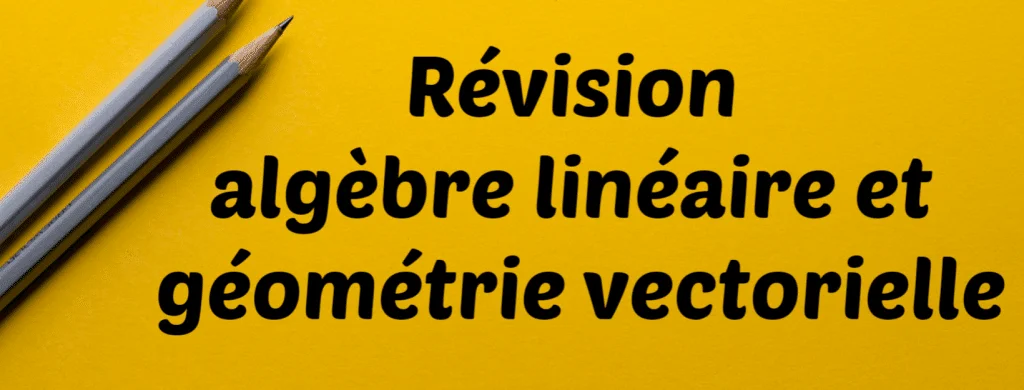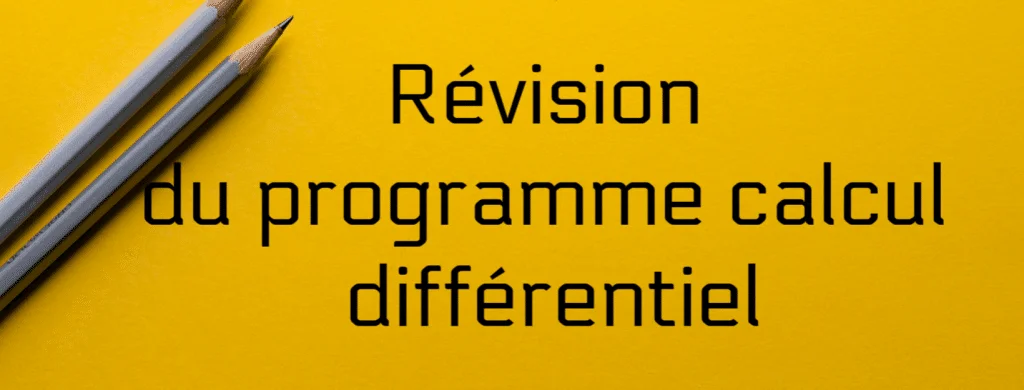Sixth year of elementary school
The end of elementary school is fast approaching. Your youngster is already in his last year before entering high school. As a parent, you’re keen to review his or her 6th year of elementary
school. It’s certainly a landmark year for everyone. This page will give you access to the essential knowledge of grade 6. What’s more, it gives you privileged access to fabulous resources to support your youngster throughout the school year. In short, this page is a one-stop guide to revising grade 6. It complies with the Quebec Education Program[1] available on the Ministry of Education and Higher Education of Quebec website, and is inspired by the “allo prof” website[2].
Spelling and word meanings in Grade 6
The following concepts are studied in this final year.
Using a dictionary correctly
- The abreviations
- The two parts of a definition
Rules for letter position and capitalization
- c or ç
- Hard g and soft g
- The use of m before p, b and m
- Capitalization of proper nouns (people’s names)
- Use of the grave accent on the e
- Use of the umlaut
- Circumflex to distinguish homophones
Homophones
The following homophones are to be distinguished: a/à, ma/m’as/m’a, la/là/l’a, sa/ça, ont/on/on n’, ou/où, sont/son, ce/se, ses/ces/c’est/sait/sais
The alloprof website offers a wide range of exercises relating to this notion.
Neologisms (new words)
Listen to : Word formation (abbreviation)
The meaning of words
- Literal and figurative meanings
- Language registers: standard and colloquial
Word relationships
- Synonyms and antonyms
- Word intensity
Grammar and the agreement system in the last cycle of elementary school
The learning that follows corresponds to the word classes of sentence constituents.
Word classes
- The noun: gender, number, plural and feminine formation
- The determiner: agreement of the determiner alone and with a noun
- Adjectives: qualifying and classifying, plural formation, agreement and agreement when following an attributive verb
- The verb: how to identify a conjugated or infinitive verb in a sentence
- Verb agreement: separated from its subject, with an indefinite pronoun, with a relative pronoun (who), with its subject according to person priority, with a past participle used as an adjective and with a participle used with the auxiliary to be, to have or an attributive verb
- The pronoun: personal pronouns (la, l’, les, leur and le) or who performs the subject function
Invariable words
- Adverbs: en – ment adverbs
- The preposition: its characteristics
- The conjunction
Listen: invariable word classes
The groups
- The noun phrase
- The verbal group
Listen: direct and indirect complements
Grade 6 syntax and punctuation
Here are the basics to review with your student in their final year of elementary school.
The basic sentence and its components
- The subject
- The predicate
- The sentence complement
- The simple sentence (containing a single conjugated verb) and the complex sentence (containing more than one conjugated verb)
- Nominal (or non-verbal) sentences
- The infinitive phrase
Sentence forms
- Positive and negative sentences
Sentence types
- The declarative sentence
- Interrogative
- The imperative sentence
Ponctuation
- Sentence delimiters (capital letters, period, question mark, exclamation mark)
Punctuation to mark reported speech
- Using dashes in direct speech
- Using colons and quotation marks in direct speech
- The comma in dialogue
6th grade conjugation
New content related to conjugation is added in Grade 6:
- Present and past tense of verbs: en -er, en – cer, en – ger, en – yer and verbs acheter, racheter and céder
- The compound past indicative
- The imperfect and the past perfect tenses of the indicative
- The future simple and the future anterior of the indicative
- The present and past conditionals of the indicative
- Past simple indicative
- The present subjunctive
- Present imperative
- The present participle
- The past participle
Students must master the following verbs in the above-mentioned tenses:
- The verbs to be, to love, to take, to do, to have, to say, to put, to make, to leave, to open, to have to, to know, to be able to, to want to, to see, to come and to hold
Essential mathematical knowledge for grade 6
Arithmetic
The following concepts concern the meaning of numbers.
- Count or recite natural numbers in ascending or descending order and by leaps
- Count real or drawn collections
- Represent natural numbers in different ways or associate a number with a set of objects or drawings (abacus, abacus, money)
- Number decomposition
- Recognize equivalent expressions
- Rounding and approximating a number
- Represent the power of a natural number
Fractions
- Equivalent fractions and reduction methods
- Transform a fraction into: a percentage, a decimal and a fractional number
- Transform a decimal number into: a fraction, a percentage and a periodic decimal number
- Order fractions and fractional numbers
- Adding, subtracting and multiplying fractions and fractional numbers
Decimal numbers
- Placing decimal numbers in order
- Read and write numbers in decimal notation
- Compose and decompose decimal numbers
- Place decimal numbers on a number axis (number line)
- Arrange decimal numbers in ascending or descending order
- Add, subtract, multiply and divide decimal numbers
Operations on numbers
- Mental arithmetic
- Multiplication and division tables
- Multiplication and division
- Determine a missing term in an equation
- Decompose a number into prime factors
- Calculate the power of a number
- Divisibility criteria
- Priority of operations
Listen to: an educational song to help you remember the priorities of operations
Geometry
- The 4-quadrant Cartesian plane
Solids
- Decomposable solids
- Euler’s relation
Listen to Euler’s relationship!
Flat figures
- Types of triangles
- Circles and disks
- Friezes and paving
Measurement
- Units of length, area and volume and their conversion
- Angle measurements with protractor
- Units of volume, mass, temperature and time
Statistics and probability for the last cycle of elementary school
- Using tables and diagrams in statistics
- The arithmetic mean https://www.youtube.com/watch?v=A3i61kgiduI
- Types of events
- Counting possible outcomes
- Types of probabilities
Useful links :
- To prepare your student for the high school entrance exam, which is a nerve-wracking ordeal for youngsters of this age, the SOSteacher site offers wonderful advice on the subject. What’s more, you can even access tutoring to help your student succeed on the way to this big test.
- Website to help your child learn verbs.
- Tips to make homework easier
Essential skills for elementary school :
- Kindergarten school review
- School revison for grade 1
- School revison for grade 2
- School revison for grade 3
- School revison for grade 4
- School revison for grade 5
- Essential knowledge in English as a second language at elementary level
- Teach it Forward
- Become an elementary school tutor
- Find a math tutor
- Find a tutor in French or French as a second language
- Find an English tutor
- Ministry of Education spelling list
[1] Ministère de l’Éducation et de l’Enseignement supérieur (MEES). Quebec Education Program.http://www.education.gouv.qc.ca/fileadmin/site_web/documents/education/jeunes/pfeq/PFEQ_programme-prescolaire.pdf













